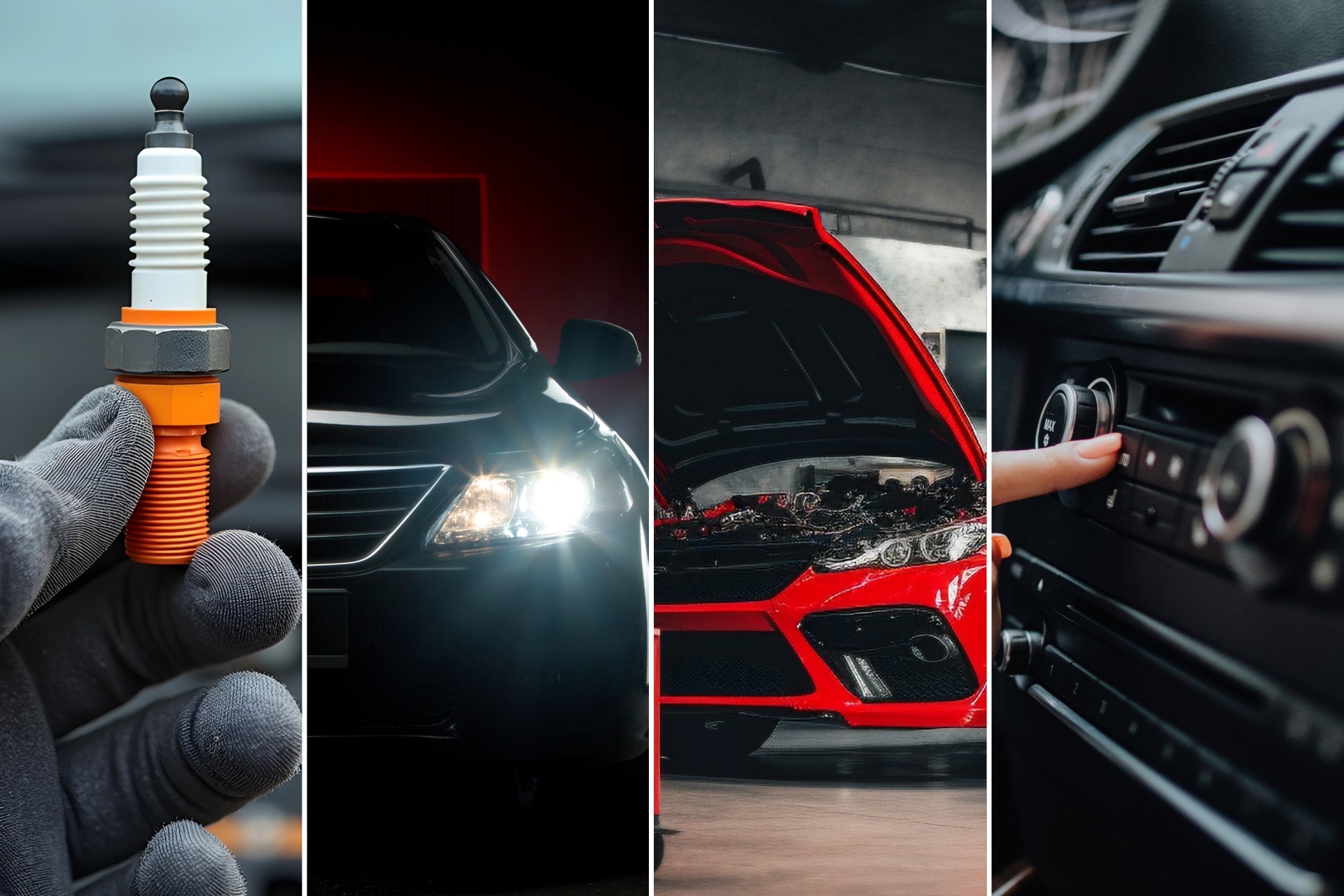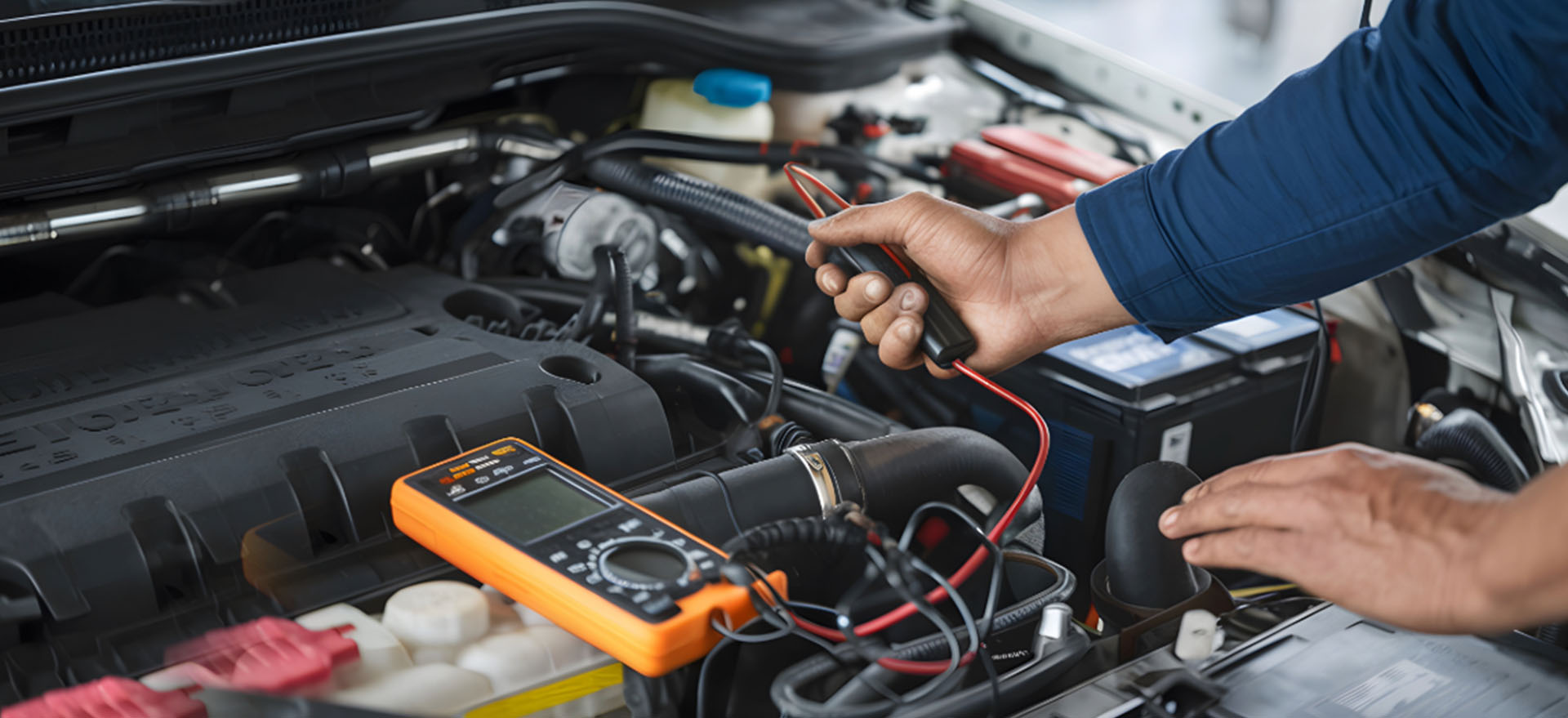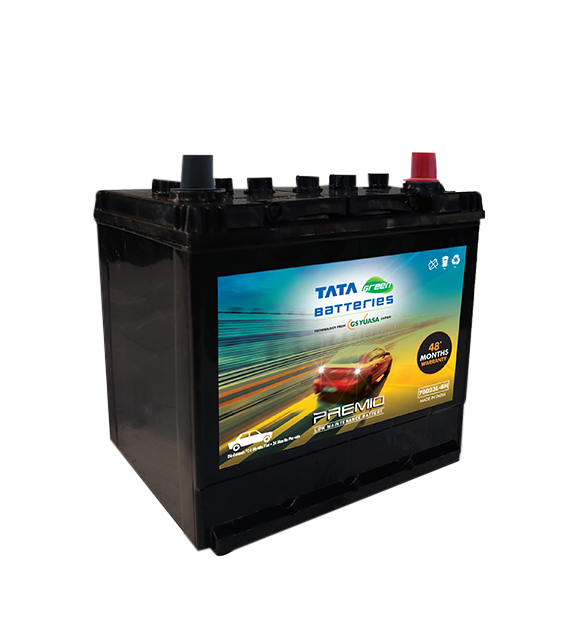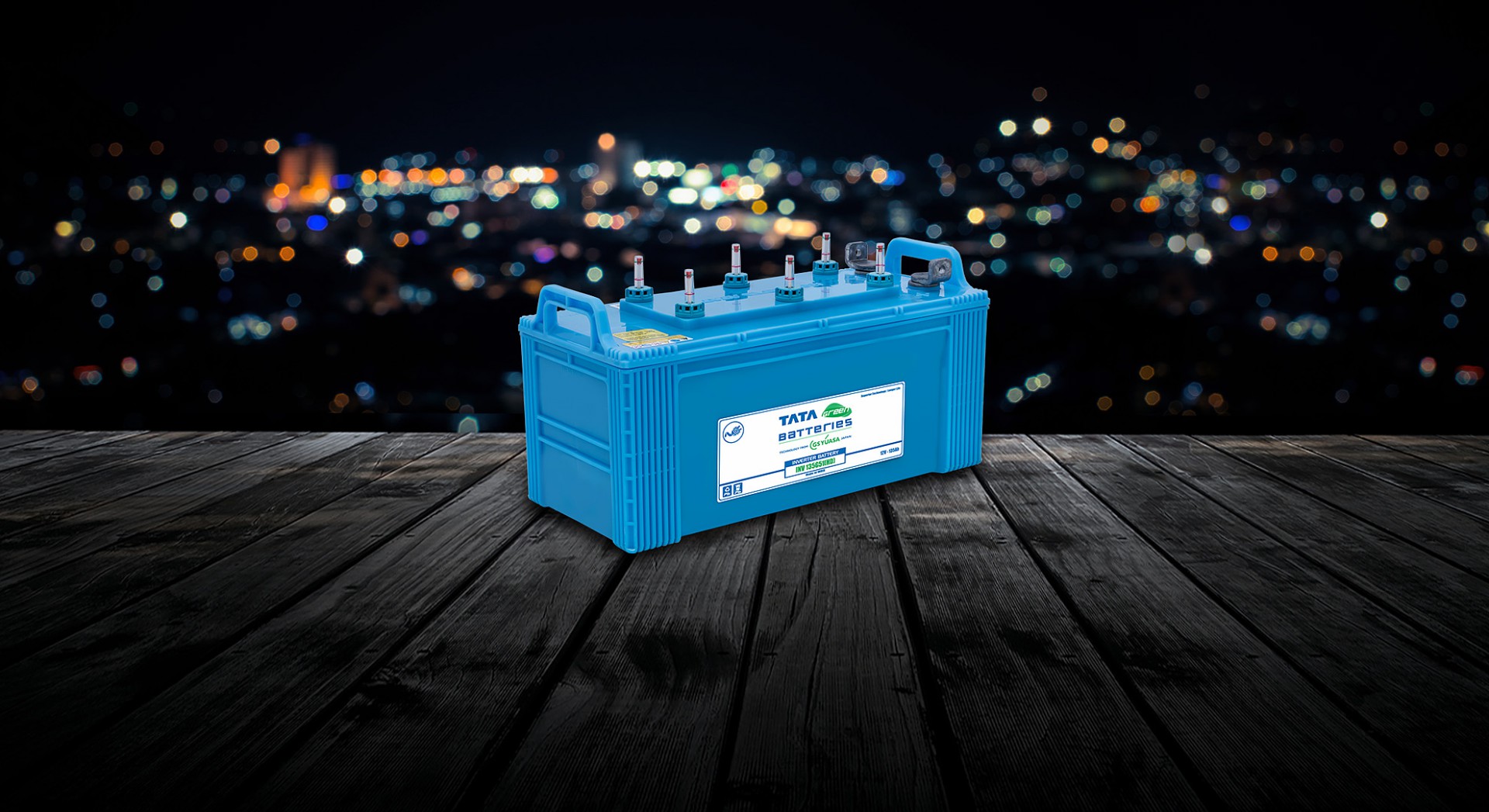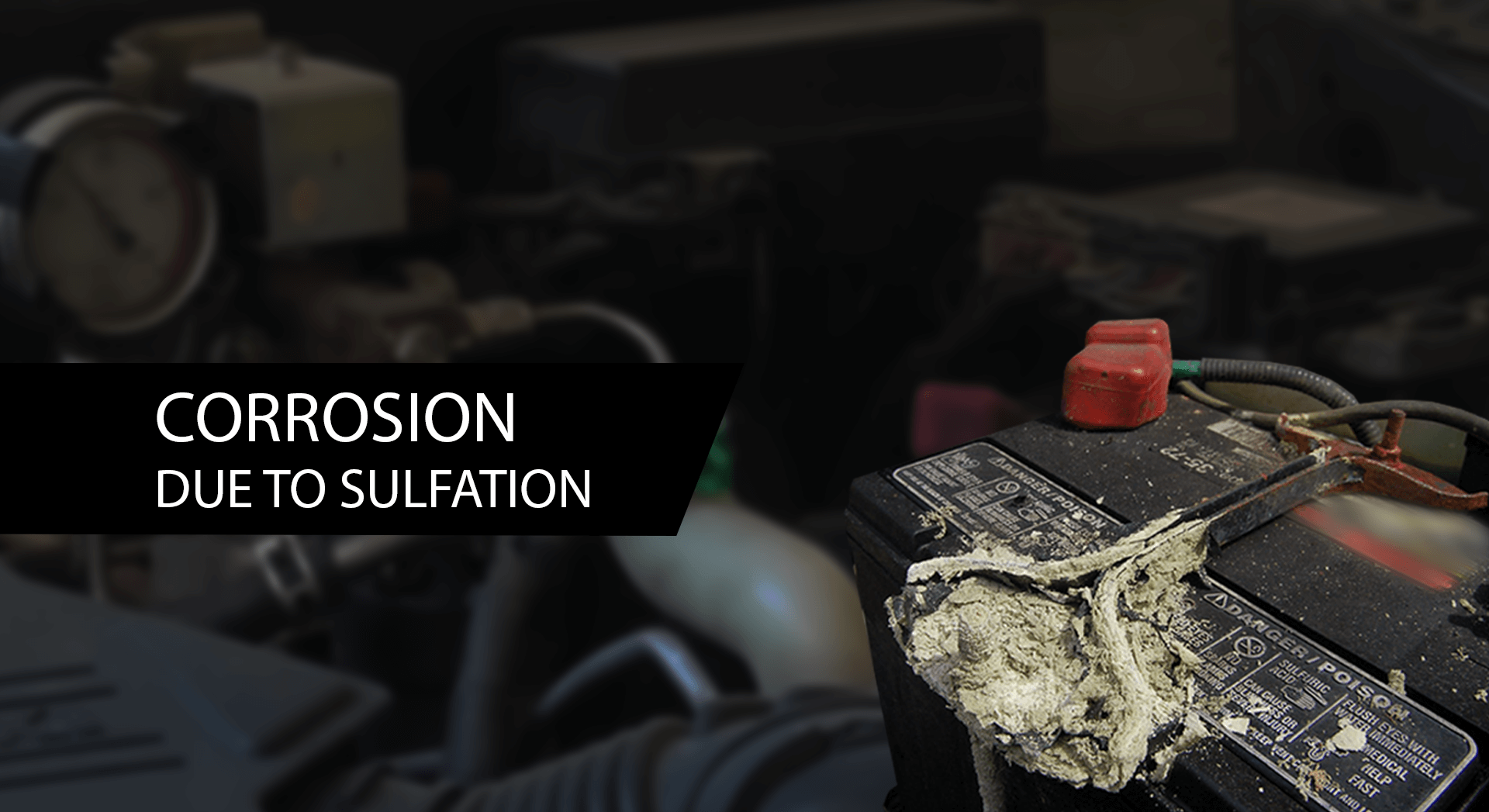Your car battery might seem like a silent workhorse. However, it’s more sensitive to weather than most drivers realize. From scorching summer heat to icy winter mornings and heavy monsoon showers, the climate can have a big impact on your battery’s performance, lifespan and reliability.
Understanding how different weather conditions affect your car battery can help you take better care of it and avoid unexpected breakdowns. Here’s a look at how summer, winter and monsoon seasons influence battery behavior and what you can do to keep it running smoothly.
Sizzling Summers and the Hidden Damage to Your Car Battery
Hot weather might seem harmless. But it can be brutal for your car battery. Excessive heat accelerates the evaporation of the battery’s internal fluids, especially in conventional lead-acid batteries. This fluid loss can lead to a drop in the electrolyte levels, which in turn affects the battery’s ability to hold and deliver a charge.
High temperatures also increase the rate of chemical reactions inside the battery. While that might sound like a good thing, it can actually lead to overcharging when the alternator continues to supply power to a fully charged battery. Over time, this degrades the internal components and reduces the overall lifespan of the battery.
Visible signs like battery swelling or corrosion around terminals are more common during summer. These are red flags indicating your battery may already be under stress. To combat the effects of summer heat:
- Park your vehicle in shaded areas or garages
- Regularly inspect and clean the battery terminals
- Check electrolyte levels if your battery isn’t sealed
A little preventive maintenance during summer can go a long way in extending the life of your car battery.
Freezing Winters and the Struggle to Start
Cold weather poses an entirely different challenge. In freezing temperatures, a battery’s chemical reaction slows down, which means it takes longer to produce the power needed to start your engine. This is why many drivers face that dreaded slow crank or a dead car battery on chilly mornings.
At around 0°C, a battery loses about 35% of its power. At around -18°C, it could lose up to 60%. Meanwhile, your engine oil thickens in cold weather, making it even harder for the engine to turn over. This combination of a less powerful battery and a sluggish engine increases the strain during ignition.
Winter also reduces the efficiency of other electrical components in your vehicle. Heaters, defrosters and headlights demand more power, putting additional load on an already weakened battery.
To keep your battery in good shape during cold months:
- Test your car battery before winter starts, especially if it’s over 3 years old
- Keep the battery terminals clean and free from corrosion
- Ensure the battery is fully charged, especially during long gaps in vehicle usage
- Invest in a battery heater or insulation blanket if you live in extremely cold regions
Staying ahead of winter battery issues means fewer jump-starts and more peace of mind.
Monsoon Blues: How Rain and Humidity Impact Battery Life
While rain may feel refreshing, it’s not always great for your vehicle, especially the car battery. Monsoon introduces a mix of problems, including excessive humidity, short circuits and moisture-induced corrosion.
Water and electricity don’t mix well. Moisture can seep into the battery terminals and connectors, leading to rust, poor connections and, in some cases, electrical failure. If water manages to enter the battery casing or if the insulation around wires is compromised, it could trigger short circuits.
The constant change between wet and dry conditions also accelerates wear and tear on the battery and related components. Fogging, leakage and a weak charge become more frequent during this season.
To protect your car battery during monsoon:
- Keep the battery area clean and dry
- Apply petroleum jelly or anti-corrosion spray to battery terminals
- Ensure that the battery is properly mounted to prevent water ingress
- Perform a regular voltage check to avoid being stranded in the rain
Additionally, be mindful of signs like dashboard warning lights or sluggish starts during monsoon. These could indicate underlying battery issues that need immediate attention.
Conclusion: Year-Round Care for a Healthier Battery
No matter the season, your car battery requires consistent care and attention. Each type of weather brings its own challenges, be it summer heat evaporating fluids, winter cold slowing chemical reactions or monsoon rains corroding terminals.
By understanding how weather affects your car battery, you can take proactive steps to maintain its health and ensure reliable performance throughout the year. Simple habits like routine checks, proper insulation and timely replacements can make all the difference between a smooth drive and a dead battery.
So, the next time the seasons change, don’t forget to check under the hood. A little awareness today can save you from major headaches tomorrow.



